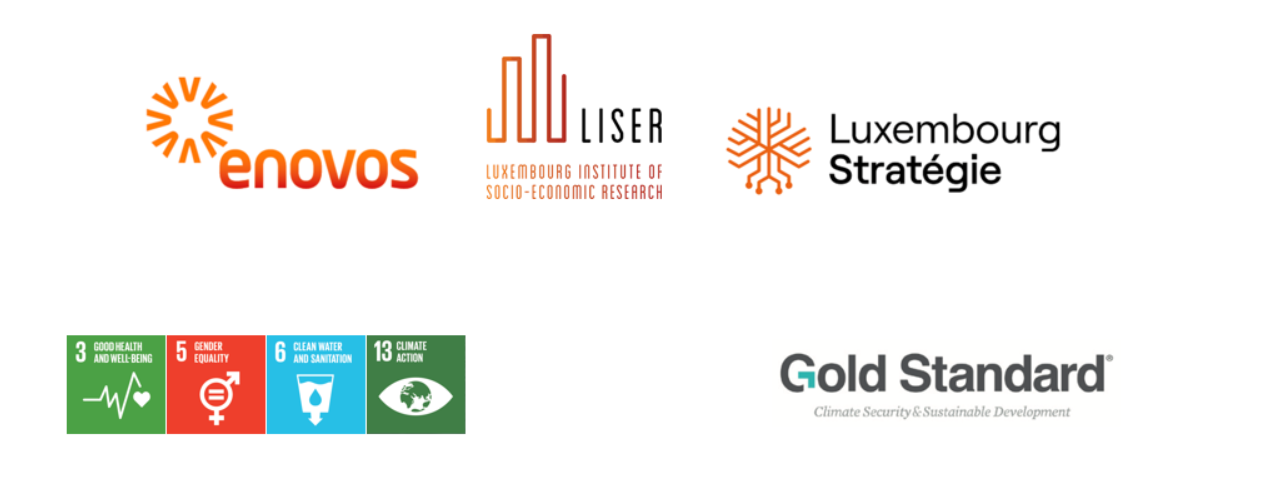News
LISER contributes to Carbon Offsets through SOC2050 survey
SOC2050: Driving Behavioral Change for an Economic and Social Transition towards more Resilience and Sustainability in Luxembourg

This February, LISER finalized the SOC2050 study with the purchase of €14.000 worth of carbon offsets. These offsets, certified to the Gold Standard by Enovos Luxembourg, are the result of a collective contribution from the study's participants. They willingly forgave their compensation for participating in an intensive three-wave survey. Their generosity will facilitate the construction of wells in several villages across northern Burkina Faso. Beyond supplying hundreds of households with potable water, these wells contribute to the reduction of deforestation, thus counterbalancing 1,000 tons of carbon.
The SOC2050 online survey, commissioned by Luxembourg Stratégie and conducted by LISER from November 2022 to August 2023, assessed citizens' appeal for a transition of Luxembourg's society and economy towards greater resilience and sustainability. This initiative contributed to the United Nations Goal - Establish Sustainable Consumption and Production Patterns (SDG12).
LISER wishes to recognize the researchers who worked on this study of great importance and immense societal impact. They include:
Bertrand Verheyden (project leader)
David Cristelo
Francesco Fallucchi
Ángela Jiang-Wang
Michel Tenikue
Philippe Van Kerm
SOC2050 Final Report (English)
SOC2050 Study specifications (English) (French)
Carbon Offset Certificate (French)

Learn more about the SOC2050 study
The SOC2050 study surveyed 912 individuals who participated in a three-wave study over 10 months and who provided rich information about their behaviours and attitudes toward sustainability. 4 domains were selected for their major impact on sustainability and their carbon footprint: meat consumption, mobility patterns, home energy consumption, and the acceptance of financial sacrifices to reduce one’s carbon impact. The survey also collected in each wave participants’ support towards 6 hypothetical policies aimed at regulating or taxing unsustainable behaviours.
The SOC2050 report describes the final results of the longitudinal online survey conducted in 2023. These results contribute to address 2 central questions. The first question explores how sociodemographic factors, constraints, psychological aspects, and social norms influence these behaviours and attitudes toward sustainability. The analysis was further enriched by examining the impacts of personality traits and behavioural biases. The second question examines whether targeted communications can increase the desirability of a sustainable transition. This second question is addressed through a randomised controlled trial in which information treatments are randomly assigned to participants. These treatments provide participants with information about sustainable behaviour and attitudes in society, aiming to correct the widespread underestimation of other people’s efforts, called "pluralistic ignorance".
SOC2050 highlights that pro-environmental behaviour stems from a mix of sociodemographic elements, personality traits, and societal perceptions. Key drivers include higher education, prosocial orientations and self-development. While time and financial constraints matter, easing them doesn’t guarantee sustainable actions and may even have unintended effects. Fear-based messages, highlighting risks and social judgments might also be counterproductive, possibly discouraging engagement or fostering resistance. Instead, strategies emphasising education and the reinforcement of positive social values seem more promising.






